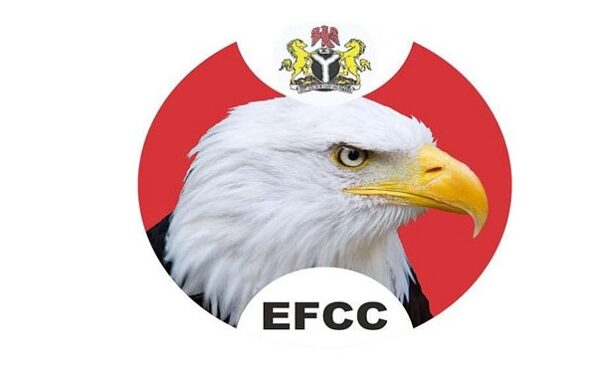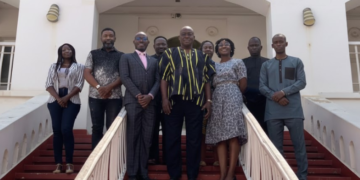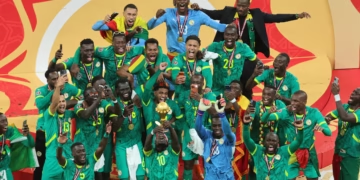ABUJA, Sept 17 (The African Portal) – Nigeria’s anti-graft agency has warned that the rise in internet fraud is contributing to tougher visa restrictions on innocent Nigerians abroad.
The Chairman of the Economic and Financial Crimes Commission (EFCC), Ola Olukoyede, said fraudulent practices not only ruin the future of those involved but also damage the country’s international reputation, leading to stricter travel conditions for law-abiding citizens.
Speaking through Chief Superintendent of the EFCC, CSE Coker Oyegunle, at an event in Port Harcourt organised by the Coalition of Nigerian Youth on Security and Safety Affairs, Olukoyede said:
“Internet fraud, money laundering, and economic sabotage cost Nigeria billions of naira annually, undermining national growth and depriving citizens of infrastructure, jobs, and opportunities.
Beyond the economic damage, the crimes erode Nigeria’s international image and subject innocent Nigerians to stricter visa restrictions abroad.”
He urged young people in the South-South and across the country to redirect their energy into productive ventures such as digital innovation, entrepreneurship, agriculture, and the creative industry.
“Fraud is not success; it is a trap. Easy come, easy go,” he said. “Many who follow the path of ‘yahoo-yahoo’ always end up losing their freedom, reputation, and future. The law is catching up with them and digital footprints never disappear. Don’t destroy your tomorrow with shortcuts today.”
Olukoyede reaffirmed the EFCC’s commitment to intensifying sensitisation, enforcement and collaboration with communities to combat fraud and related crimes.
Also speaking at the event, Mathew Ewah of the National Drug Law Enforcement Agency (NDLEA) warned that drug abuse remained one of the most dangerous threats facing Nigerian youths. The Nigeria Security and Civil Defence Corps (NSCDC) also cautioned against pipeline vandalism in the South-South.
The EFCC has in recent months stepped up its crackdown on cybercrime. In August, its Lagos Zonal Directorate 1 arrested 38 suspected internet fraudsters at a hotel in Ikorodu, Lagos, seizing vehicles, mobile phones and substances believed to be narcotics.
In Benin, the commission secured the conviction of 12 people – including two brothers – for offences ranging from advance fee fraud to possession of fraudulent documents. They were sentenced by Justice M. Itsueli of Edo State High Court after pleading guilty.
In July, the United States announced changes to its visa reciprocity schedule for Nigeria, reducing the validity of some non-immigrant visas to three months and restricting them to single entry.
The revised categories include B1/B2 visas for business and tourism, and F and J visas for students and exchange visitors.
This article was written with additional files from the Punch Online






